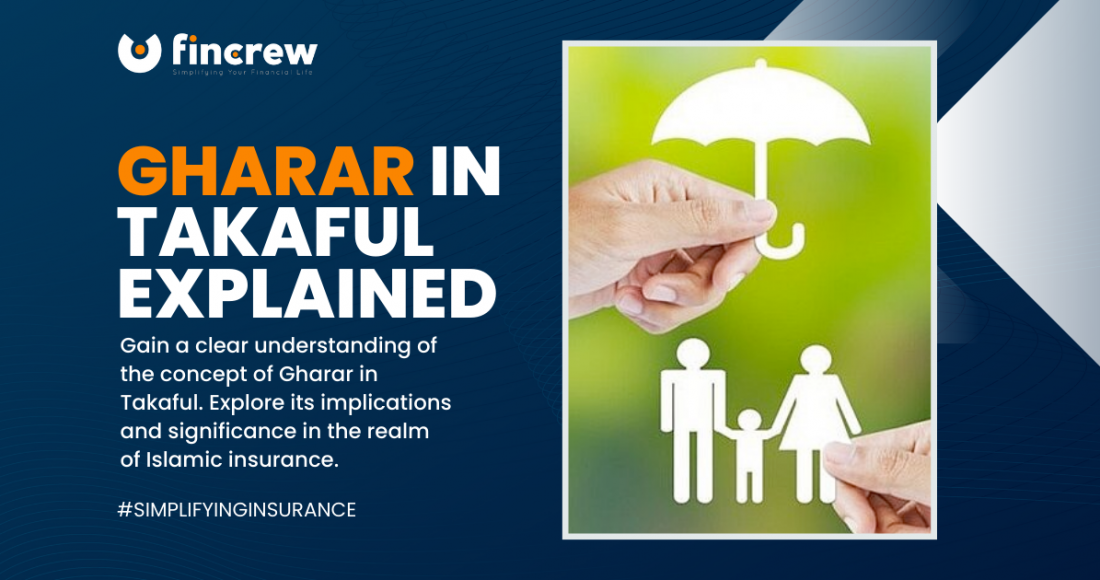Several principles must be adhered to when it comes to Islamic insurance or takaful, one of them being the avoidance of gharar. But what exactly is gharar, and what is its relationship to takaful? Have you ever heard of gharar before? Throughout this article, we will discuss the concept of gharar in detail and explain its significance in the context of takaful.
What Is Gharar?
It is a term used in Islamic jurisprudence to describe a relationship’s ambiguity, uncertainty, and deception. Generally speaking, it is considered haram (forbidden) in Islamic law because it can lead to unjust or risky financial transactions. The following are examples of gharar:
- The act of selling something that does not exist
- The sale of something without disclosing all of its defects
- Selling something without providing the buyer with enough information to decide on the purchase
Avoid Gharar by ensuring that all parties clearly understand the risks and rewards. To achieve this, fully disclose the terms and conditions of a takaful contract and ensure that it has open and transparent management.
Gharar In Traditional Insurance
One of the main reasons traditional insurance isn’t compliant with Islamic law is because it involves elements considered gharar, which are against Islamic practice. Traditional insurance policies, for instance, disclose several exclusions and conditions to the policyholder before the policy is issued. Further, there is no guarantee that they will pay the claims, so the policyholder may only get what they expected when they file a claim. Takaful, on the other hand, is designed to be free of gharar by fully disclosing the terms and conditions of the contract and ensuring that all parties share the risks and rewards equally.
How Takaful Avoids Gharar
The Takaful system is based on cooperation and shared responsibility. A takaful scheme involves the participants pooling their funds together to create a collective fund to pay claims due to their participation. It means the risks and rewards are shared among all participants rather than being borne alone by one individual or business. Additionally, Takaful companies must disclose all of the terms and conditions to their policyholders, including any exclusions or limitations that may apply. As a result, the policyholder can better understand the coverage they are purchasing and the risks that go along with it.
The Bottom Line
Gharar is one of the most critical concepts in Islamic jurisprudence. Takaful can avoid gharar and remain compliant with Islamic law because it discloses all the terms and conditions of the agreement and operates on the principle of cooperation and shared responsibility by providing complete disclosure of the terms and conditions of the contract. Thus, Takaful is becoming a more popular alternative to traditional insurance due to its numerous benefits.





